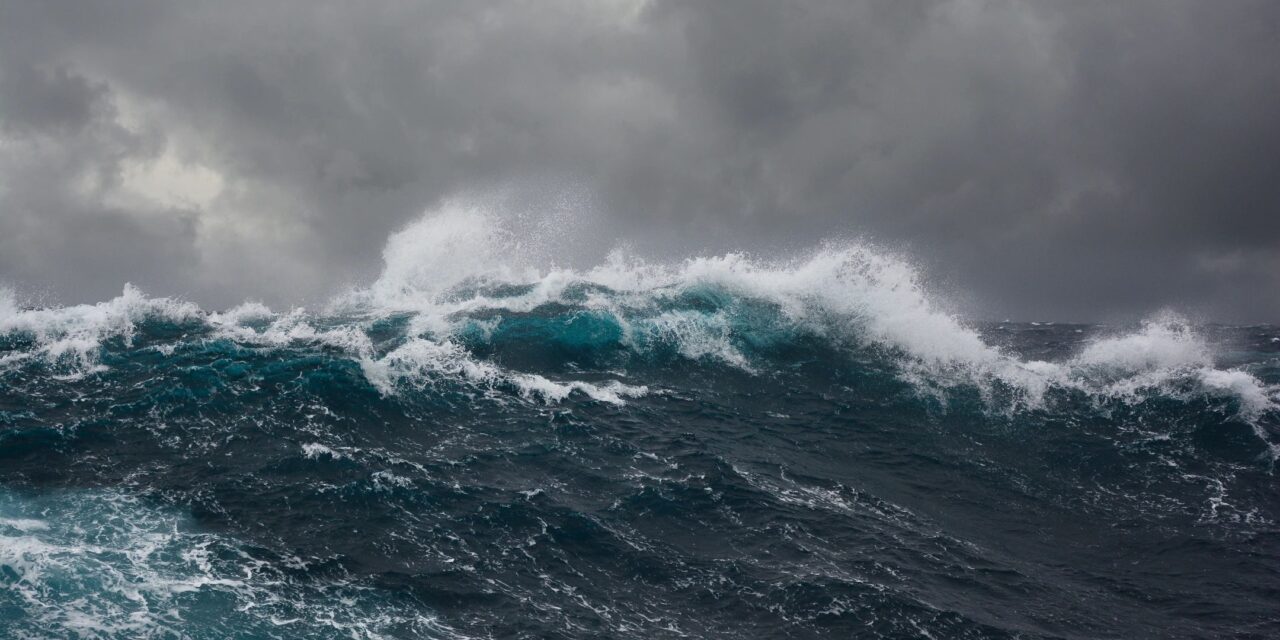War fascinates, denigrates, and populates. Its core appeal and its turnoff is violence. It is politically necessary, avoided religiously, and speaks to death like nothing else, save pandemics. It presents challenges to writers because it is as ethical as it is unethical. How we write about war requires constant attention and incessant evaluation. It must not be left to politicians whose reputations and electability depend on it.
Is there such a thing as the “morality of war?” Philosophers have debated this for centuries. For some the notion that morality applies at all once the guns strike up is absurd. “There is no plausible moral theory that could license the exceptional horrors of war. The first group are sometimes called realists. The second group are pacifists. The task of just war theory is to seek a middle path between them: to justify at least some wars, but also to limit them. Although realism undoubtedly has its adherents, few philosophers find it compelling. The real challenge to just war theory comes from pacifism.”[1]
A morally justified war might be a chimera. Today’s philosophers ask, “What could be more intuitive or ethical than the belief that it is morally wrong to kill on a massive scale? Many would argue that there are times when war is morally permissible, and even obligatory. The most famous way of ethically assessing war is to use ‘Just War Theory’; a tradition going back to St. Augustine in the 5th Century and St. Thomas in the 13th Century. Just War theory considers the reasons for going to war (Jus ad bellum) and the conduct of war (Jus in bello). This distinction is important. A war might be ethical but the means unethical, for instance, using landmines, torture, chemicals and . . . drones.”[2]
Philosophy and morality aside, this blog focuses on the writing of it, not doing it, dying in it, or killing while at it. What ethical norms apply to the reporters, journalists, public officials, and op-editors when they put fingers to keyboards about war?
Journalists, reporters and op-ed writers are ethically restrained by their obligations as professional writers. The Society of Professional Journalists has its own ethical code.[3] They believe “public enlightenment is the forerunner of justice and the foundation of democracy. Ethical journalism strives to ensure the free exchange of information that is accurate, fair and thorough. An ethical journalist acts with integrity.” Their code has four underlying principles. (1) Seek Truth and Report It. (2) Minimize Harm. (3) Act Independently. (4) Be Accountable and Transparent.
They follow the first principle by insisting their members be “honest and courageous in gathering, reporting and interpreting information.” They adhere to the second by “treating sources, subjects, colleagues and members of the public as human beings deserving of respect. This necessitates a balancing of the public’s need for information against potential harm or discomfort. Pursuit of the news is not a license for arrogance or undue intrusiveness.” The third principle is achieved by “Avoiding conflicts of interest, real or perceived and disclosing unavoidable conflicts. They should refuse gifts, favors, fees, free travel and special treatment, and avoid political and other outside activities that may compromise integrity or impartiality, or may damage credibility.” Last, they achieve accountably and transparency by “being wary of sources offering information for favors or money. They don’t pay for access to news. They identify content provided by outside sources, whether paid or not.
But what about writers who don’t write for a living, belong to esteemed professional organizations, but feel compelled to write about war for entirely personal reasons? Writing in conformance with those four ideals would necessarily require awareness of something unknown to the occasional writer with something to say about the latest war.
Perhaps the ethical norms are embedded in the “what and why” of writing about war. War generates feelings alongside thoughts. It forces us to reveal our emotions, temperament, and convictions. Our writing will reveal what we think about war. Is our thinking clear? Is it systematic? Is it honestly held, or are we dramatizing for effect. Does it reflect conscientious beliefs, or guesses? Is our writing unscrupulous because we know nothing about the pretext of the “war” we are writing about? What if it’s not a war, but merely an exercise in the police power of nations to defend its borders?
None of these questions dictates the “ethics” of amateurs writing about war. They pose inquiry into the what and why we’re writing. Perhaps the largest ethical inquiry is to whom we are writing rather than the what/why of the thing itself. Are we writing publically or privately? Does it matter?
One way to evaluate what, why, and to whom we write about war is to pause and reflect on what a very public person had to say about the ethics of war and the writing of it. Lt. General H.R. McMaster served in the US Army and as the Secretary of Defense. He said,
“Because our enemy is unscrupulous, some argue for a relaxation of ethical and moral standards and the use of force with less discrimination because the ends—the defeat of the enemy—justifies the means employed. To think this way would be a grave mistake. The war in which we are engaged demands that we retain the moral high ground despite the depravity of our enemies. Ensuring ethical conduct goes beyond the law of war and must include a consideration of our values—our ethos. The Law of War codifies the principal tenets of just war theory, especially jus in bello principles of discrimination and proportionality. However, individual and institutional values are more important than legal constraints on immoral behavior; legal contracts are often observed only as long as others honor them or as long as they are enforced.”[4]
A February 2020 article titled “Writing war/ethics: departures and directions,” is not just timely, but directly on point. It is about writing about war. “Thinking through the challenges of writing war/ethics. It reiterates the significance of closely engaging with the production of ethics in and through war and with the mutual implication of war and ethics in each other. How we think and write about war/ethics requires constant attention and re-evaluation; it must not be left to those who think they know how to speak about it.”[5]

I am an author and a part-time lawyer with a focus on ethics and professional discipline. I teach creative writing and ethics to law students at Arizona State University. Read my bio.
If you have an important story you want told, you can commission me to write it for you. Learn how.
[1] https://plato.stanford.edu/entries/war/
[2] https://www.birmingham.ac.uk/research/perspective/ethics-of-warfare-heather-widdows.aspx
[3] https://www.spj.org/ethicscode.asp
[4] https://www.justsecurity.org/37977/mcmaster-ethics-war/
[5] Maja Zehfuss (2019) Writing war/ethics: departures and directions, Critical Studies on Security, 7:3, 258-267, DOI: 10.1080/21624887.2019.1707357 See also, https://www.tandfonline.com/action/showCitFormats?doi=10.1080%2F21624887.2019.1707357






 I am an author and a part-time lawyer with a focus on ethics and professional discipline. I teach creative writing and ethics to law students at Arizona State University.
I am an author and a part-time lawyer with a focus on ethics and professional discipline. I teach creative writing and ethics to law students at Arizona State University.  My latest novel is Hide & Be.
My latest novel is Hide & Be.  If you have an important story you want told, you can commission me to write it for you.
If you have an important story you want told, you can commission me to write it for you.